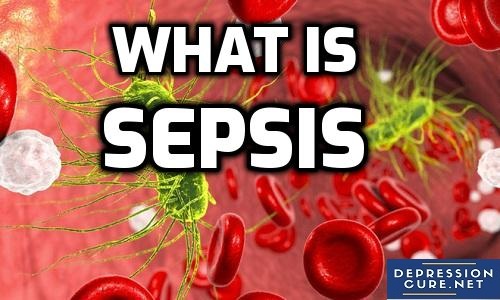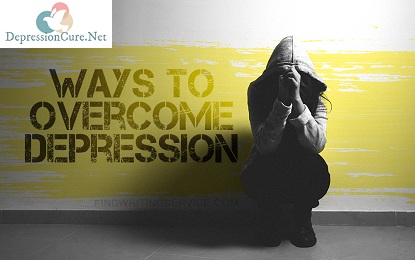What is Sepsis?
The outbreak of the disease called septicemia has increased rapidly. The disease is not being treated properly and the death rate is very high. Many lives can be saved if there is information about their initial symptoms and prevention.
Septicemia is a serious bloodstream infection. It is also known as bacterial, or blood poisoning. Septicemia occurs when a bacterial infection elsewhere in the body occurs in the lungs or skin, which enters the blood.
According to Medical News, septicemia, also known as sepsis, is a life-threatening complication that can occur when bacteria from another infection enter the blood and spread throughout the body.
Every year 25,000 children in England are affected by sepsis.
After being affected by sepsis, there are permanent changes in survivors that cause problems throughout their lives.
In Britain, five people die every hour from sepsis.
The UK Sepsis Trust has been formed to deal with sepsis in the UK.
According to The UK Sepsis Trust, sepsis (also known as blood poisoning) is hypersensitivity of the immune system to an infection or injury.
Normally our immune system fights infections, but sometimes, due to many reasons that are still incomprehensible, it attacks our body tissues and organs.
If it is not treated immediately, the organs can stop functioning due to sepsis and death can also occur. But if it is identified in time, it is possible to treat it with antibiotics.
Symptoms of sepsis
According to The UK Sepsis Trust, sepsis may initially look like the flu, gastroenteritis or chest infection. There is no single indication of this, and different symptoms are found in adults and children.
Identification of sepsis in adults
According to The UK Sepsis Trust, early-stage sepsis can be misidentified as a chest infection. Possibly the following 6 symptoms may be from ‘SEPSIS’. If any of these symptoms appear in adults, seek medical attention immediately –
Difficulty in speaking or confusion
- Muscle pain and extreme cold shivering
- Loss of urine all-day
- Difficulty in breathing
- Feeling like death is close
- Skin discoloration
According to The UK Sepsis Trust, if your child is suffering from low-temperature fever, a child may have sepsis:
- Breathing very fast,
- The body is pale, bluish or mottled,
- There are Rashes on the body, which do not fade even after pressing
- Too sluggish and hard to wake up
- A child under 5 years of age may suffer from sepsis if he
- Not eating
- Constantly puking
- He has not urinated in the last 12 hours.
- Fast Facts aboupsis or septicemia occurs when the infection reaches the blood. It is a life-threatening emergency.
- Children, old people and those with weak immune systems are easy victims of sepsis or septicemia.
- Septic can be fatal without immediate treatment.
- Antibiotics can treat sepsis effectively, but they need to be given immediately.
- The patient may take time to recover from sepsis and during this time he needs extreme rest.
Lifestyle changes and home remedies
The following lifestyle changes and home remedies can help you deal with sepsis:
- To avoid this, vaccination of flu and pneumonia can be taken as per the doctor’s advice.
- Take care of any wound or scratch on the body and keep it from infection.
- If you fall ill again and again, talk to the doctor.
- A healthy lifestyle helps reduce infections that can cause sepsis.
- Quit smoking and alcohol.
According to Medical News Today, infections commonly caused by sepsis include pneumonia, followed by urinary tract infection (UTI), gastrointestinal (GI) infection, and skin or soft tissue infection.
According to Medical News Today, such people can easily fall victim to sepsis/septicemia –
- People with weak immune systems who are HIV positive, are suffering from AIDS, are suffering from cancer or are taking cancer therapy,
- Those suffering from chronic diseases like diabetes, lung disease, and kidney disease
- Be less than 1 year old or over 65 years old
- Those who have had recent surgery or been transplanted.
(Note – This news is not a medical consultation, it is a summary of a study aimed at creating awareness in the general public. You should not make a decision based on this, consult a doctor.)
Note: Depression Cure does not provide any type of medical advice, diagnosis, or treatment.







